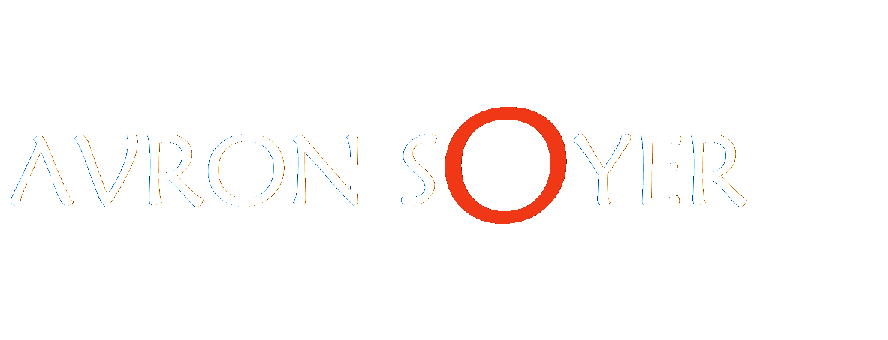II: Some “Constitutional” Concerns
Entering through Tension and Resistance: Struggling in the Net (1996)
1.Opening
Here we glance at mechanisms through which sociology’s dominant “social scientific” professional identity resists reasonable critique and reconstruction. They include forbidding internal foundational exploration, enforcing a taboo against literary innovation, excluding relevant concerns and talents, focusing obsessively on control, and routinely rejecting “the stranger.”
2.Renouncing Self-knowledge
The struggle for foundational disciplinary self-knowledge is “ruled out” by professional “social scientific” sociology. This exclusion is so deeply ingrained that its explicit statement by Peter Berger and Thomas Luckman in The Social Construction of Reality is a triumph of reason.
To include epistemological questions concerning the validity of sociological knowledge in the sociology of knowledge is like trying to push a bus in which one is riding…. Far be it for us to push aside such questions. All we would contend here is that these questions are not themselves part of the empirical discipline of sociology. They properly belong to the methodology of the “social sciences” which is an enterprise that belongs to philosophy and is by definition other than sociology, which is indeed an object of its inquiries. The sociology of knowledge, along with other epistemological troublemakers among the empirical sciences, will “feed” problems to this methodological inquiry…. It cannot solve these problems within its own proper frame of reference. (13-14)
The assertions on which this crucial renunciation rests are not seriously examined.[1]
Renunciation of internal foundational exploration inhibits free dialogue between the profession and its disciplinary potentialities…. I do not prior to inquiry accept any limitation on the struggle for disciplinary self-knowledge in sociology. (If there are limitations, they will appear in the attempt.)
3.Desensitizing Language
Sociological writing is rarely examined. Yet there are taken for granted institutionally enforced restrictions.
It must be limited to direct analytic exposition. It must be impersonal and linear. “Literary innovation” – crucial to modernity (as in Joyce, Nietzsche, Proust, and Kierkegard) – is ruled out.
4.Excluding the Stranger (2002)
4.1. Theme
Professional sociology appears closed against disciplinary contributions from outside its normal “geography” of institutionally certified settings and experts.[2] I disagree on principle.
I work in visual art where it is shameful to rely on labels to include or exclude. The test is one’s own disciplined judgment. For example, I recognize as an artist that a resident in a substance abuse program, who has never been to college or sold a painting, is a colleague…. The only way for a contemporary artist to have recognized Vincent Van Gogh as a colleague was through sensitive looking. (Connoisseurs don’t need labels to know what wine they’re drinking.)
Moreover, for sociologists to exclude work merely because its author lacks the imprimatur of institutionalized authority is to live uncritically subservient to “the realm of labels” that they should examine.
4.2. Sideline
Philosophy was born in wonder outside officially sanctioned priestly “wisdom.” For its representatives to include or exclude through received labels would be a profound self-betrayal.
5.Conclusion in Process
5.1
I believe that Sigmund Koch’s 1964 remarks on psychology also apply to sociology and psychology in 2002:
Problems – psychological problems – of art and morality, of scientific creativity, of human sensibility in all manifestations of language, problem/solution… etc. do stand before us almost untouched. If psychology is to study the condition of the phenomena in anyone of these areas, it must premise its research on “discrimination pools” of all those widely ranged human areas. It is grotesque to suppose that someone totally devoid of the special discrimination and sensitivities of the artist could make contributions to the psychology of art. Just as grotesque as to expect, say, that an illiterate can contribute to the psychology of language. (28-29)
These problems and sensitivities should be crucial to sociology-psychology.
Sociology-psychology should exist in dialogue with all projects that would explore the underlying fabric of our life together and apart [e.g., an art criticism (of literature, painting, performance, etc.) that aspires beyond narrow specificities and a journalism that conceives “the story” in its species relevance].
5.2 (2002)
In so far as psychology and sociology expropriated science as an identity they by-passed modernity.
To question received professional identity and seek disciplinary self-knowledge opens the author to the act of writing and the discipline to the adventures – the opportunities and dangers – of modernity.
End of II: Some “Constitutional” Concerns Continue Reading
A Dream of Reason II. Part 2 Entering through Direct Examination of Foundational Concepts
Footnotes
[1] When authors are criticized by name in these essays I hold that their errors disclose a path that need never again be attempted and/or a profound professional pathology that must be addressed…. When competence is beyond dispute error opens potentialities for reconstruction.
[2] Maurice Stein is an exception. Hopefully there are others.
Some “Constitutional” Concerns
